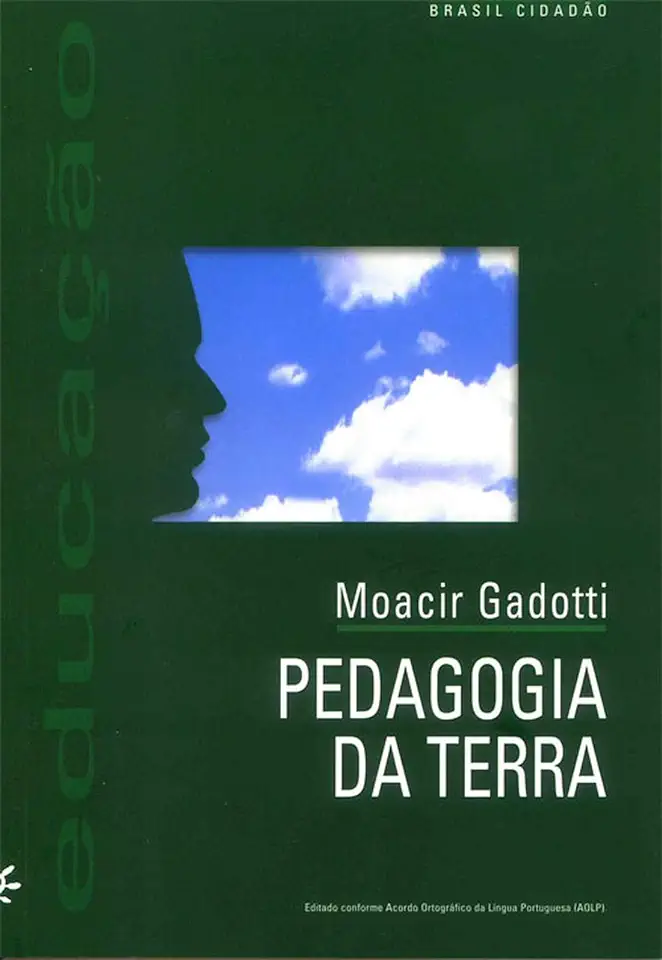
Pedagogy of the Earth
Pedagogy of the Earth: A Revolutionary Approach to Education
Introduction
In "Pedagogy of the Earth," renowned Brazilian educator and philosopher Paulo Freire presents a groundbreaking vision for education that is rooted in the principles of social justice, environmental sustainability, and cultural diversity. Freire argues that traditional educational systems are often oppressive and alienating, and that they fail to prepare students for the challenges of the 21st century. He proposes a new pedagogy that is based on dialogue, critical thinking, and praxis, and that empowers students to become active agents of social change.
Key Concepts
Dialogical Education
Freire's pedagogy of the earth is based on the idea of dialogical education, which emphasizes the importance of dialogue and collaboration between teachers and students. Freire argues that learning is not a passive process of receiving information, but rather an active process of constructing knowledge through dialogue. He believes that teachers and students should engage in a respectful and open dialogue, in which they share their experiences and ideas and learn from each other.
Critical Thinking
Freire also emphasizes the importance of critical thinking in education. He argues that students should be encouraged to question the world around them and to develop their own critical perspectives. He believes that critical thinking is essential for students to become aware of the social and political realities of their world and to take action to change those realities.
Praxis
Praxis is a key concept in Freire's pedagogy of the earth. Praxis refers to the process of linking theory and practice, and it is based on the idea that learning is not complete until it is put into action. Freire believes that students should be encouraged to apply their knowledge to real-world problems and to work towards social change.
Benefits of Pedagogy of the Earth
Freire's pedagogy of the earth has a number of benefits for students, including:
- Empowerment: Freire's pedagogy empowers students by giving them the tools they need to become active agents of social change.
- Critical thinking: Freire's pedagogy encourages students to develop their critical thinking skills and to question the world around them.
- Social justice: Freire's pedagogy is based on the principles of social justice and environmental sustainability, and it encourages students to work towards a more just and sustainable world.
- Cultural diversity: Freire's pedagogy celebrates cultural diversity and encourages students to learn from and appreciate different cultures.
Conclusion
"Pedagogy of the Earth" is a powerful and inspiring book that offers a new vision for education. Freire's pedagogy is based on the principles of social justice, environmental sustainability, and cultural diversity, and it empowers students to become active agents of social change. If you are interested in education, social justice, or environmental sustainability, I highly recommend reading this book.